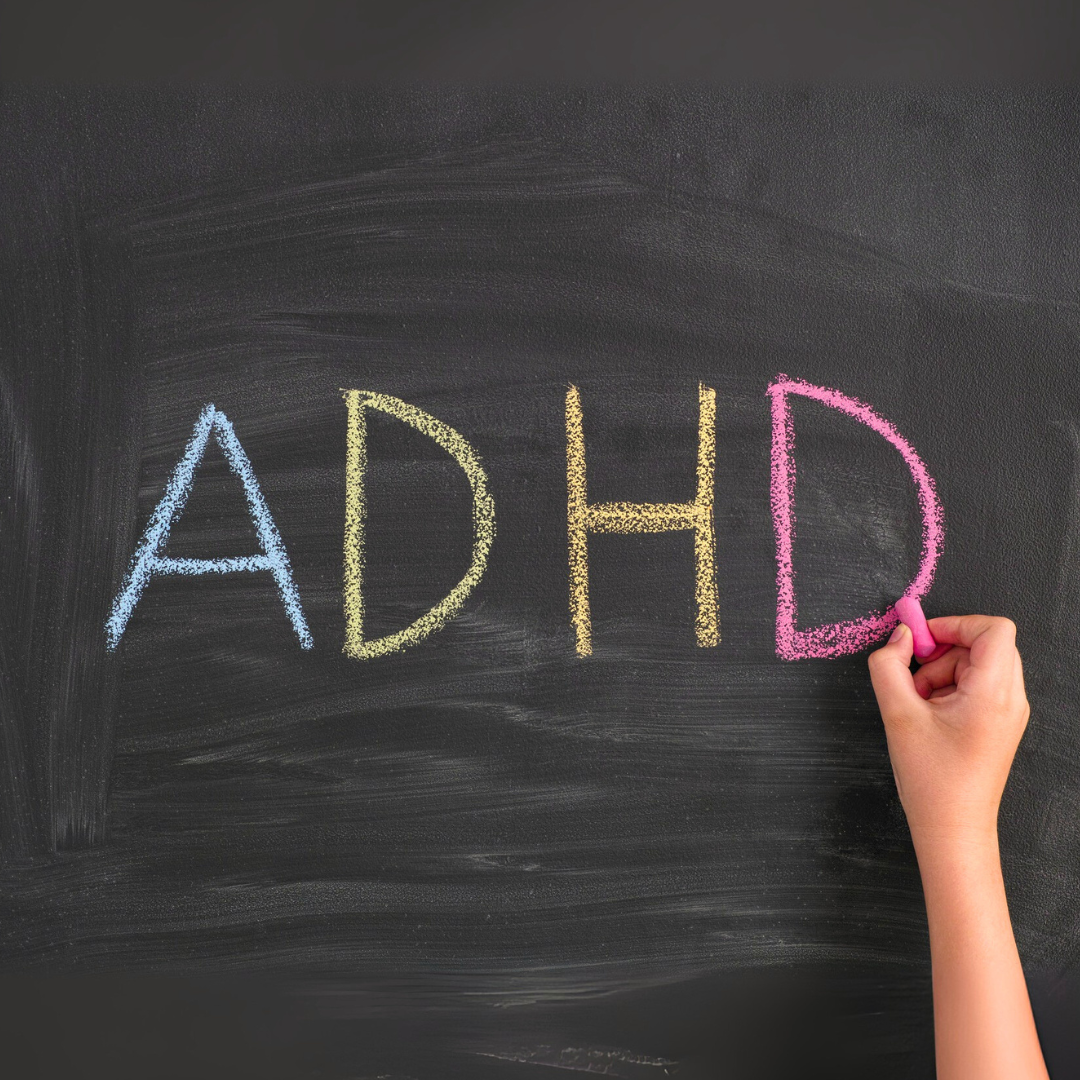Attention-deficit/hyperactivity disorder (ADHD) is one of the most common neurodevelopmental conditions, affecting both children and adults. While medication and behavioural therapies remain the cornerstone of ADHD management, there’s growing interest in the role of nutrition, particularly magnesium, in supporting attention, focus, and mood.
In this article, we explore the connection between magnesium and ADHD, what the research says, and why magnesium glycinate may be one of the most effective forms of magnesium supplementation for those seeking natural support.
Why Magnesium Matters for the Brain
Magnesium is an essential mineral involved in over 300 enzymatic processes in the human body. It plays a vital role in:
- Neurotransmitter regulation (especially dopamine and serotonin)
- Nervous system function
- Muscle relaxation and sleep
- Stress response and cortisol regulation
These functions are particularly relevant in individuals with ADHD, who often experience dysregulation in dopamine pathways, heightened stress, restlessness, and difficulty sleeping.
ADHD and Magnesium Deficiency
Several studies suggest that individuals with ADHD may have lower levels of magnesium compared to those without the condition. A 2006 study published in Magnesium Research found that 95% of children with ADHD had suboptimal magnesium levels based on blood and hair analyses. Other studies have shown that magnesium supplementation may help reduce symptoms like hyperactivity, irritability, and inattention in children with ADHD.
Key findings from research:
- Reduced magnesium levels have been associated with more severe ADHD symptoms.
- Magnesium supplementation may support mood stabilisation and reduce restlessness.
- Supplementation is most effective in individuals who are already magnesium deficient or whose diets lack magnesium-rich foods.
How Magnesium Supports ADHD Symptoms
Magnesium supports the nervous system by modulating the activity of glutamate (an excitatory neurotransmitter) and GABA (a calming neurotransmitter). This balance is crucial for individuals with ADHD, who may struggle with overstimulation and impulsivity.
Additional benefits of magnesium for ADHD may include:
- Improved concentration and attention span
- Reduced anxiety and emotional outbursts
- Better sleep quality
- Support for coexisting conditions like mild anxiety, mood swings, or sleep disturbances
Why Magnesium Glycinate May Be the Best Option
When choosing a magnesium supplement for ADHD support, the form of magnesium matters. Not all types of magnesium are absorbed or tolerated equally.
Magnesium Glycinate stands out for several reasons:
- High bioavailability: It is well absorbed by the body, increasing the likelihood of therapeutic benefits.
- Gentle on digestion: Unlike magnesium oxide or citrate, it is less likely to cause gastrointestinal side effects like diarrhoea.
- Supports relaxation and calm: The glycine component is a calming amino acid that supports sleep and mood regulation, both of which are often disrupted in people with ADHD.
This makes magnesium glycinate a preferred option for both adults and children managing ADHD-related symptoms, especially when taken consistently alongside a balanced diet and other therapeutic strategies.
Should You Supplement with Magnesium?
If you or your child is managing ADHD and experiencing symptoms like restlessness, trouble sleeping, or low mood, it may be worth discussing magnesium with your healthcare practitioner. While magnesium is not a cure for ADHD, it may offer supportive benefits as part of a broader health and nutrition plan.
It’s important to remember:
Magnesium supplements should not replace prescribed ADHD medications or professional treatment. Always consult a qualified health practitioner before starting any new supplement, especially for children.
Final Thoughts
Emerging research supports the idea that magnesium, particularly magnesium glycinate, may play a helpful role in managing symptoms of ADHD by supporting nervous system function, emotional regulation, and sleep. While more large-scale studies are needed, magnesium remains a safe and well-tolerated supplement that may offer natural support when dietary intake is low or inadequate.
Sources:
- M. F. Akhondzadeh et al. “The Efficacy of Magnesium Supplementation in Children
With Attention Deficit Hyperactivity Disorder under Treatment With Methylphenidate: A Randomized Controlled Trial” Caspian Journal of Medical Research, 2020. https://www.cjmb.org/uploads/pdf/pdf_CJMB_480.pdf
- PubMed. “Magnesium Status in Children with Attention-Deficit/Hyperactivity Disorder and/or Autism Spectrum Disorder.” https://pmc.ncbi.nlm.nih.gov/articles/PMC7324841/
- Healthline. “12 Evidence-Based Health Benefits of Magnesium”. https://www.healthline.com/nutrition/magnesium-benefits




